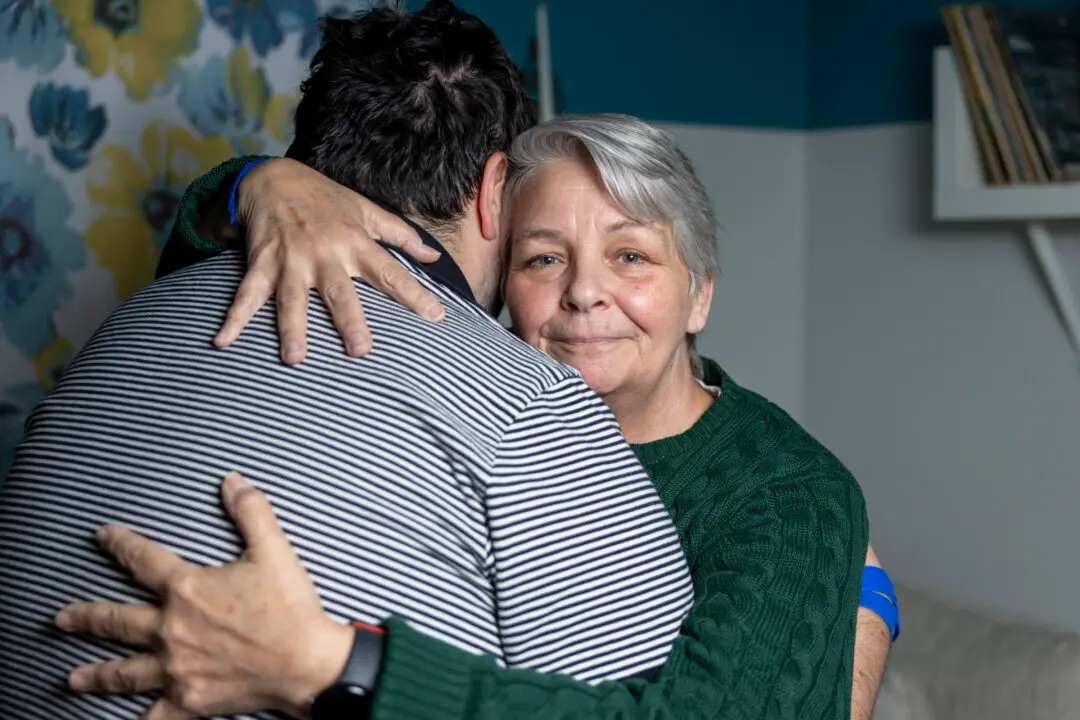By Edmund H. Mahony
From Hartford Courant
HARTFORD, Conn.—Dozens of pages of new details became public Monday about the strange standoff between the state Judicial Branch and Superior Court Judge Alice Bruno, who has collected more than $350,000 in salary while missing nearly two-and-one-half years of work for what she describes as health-related reasons.





